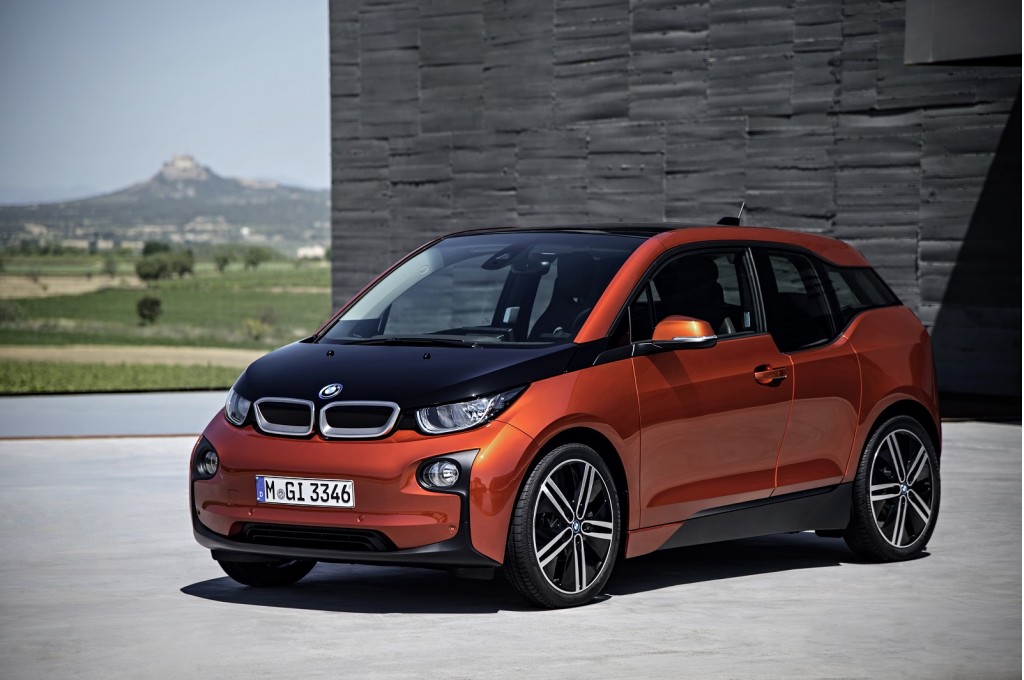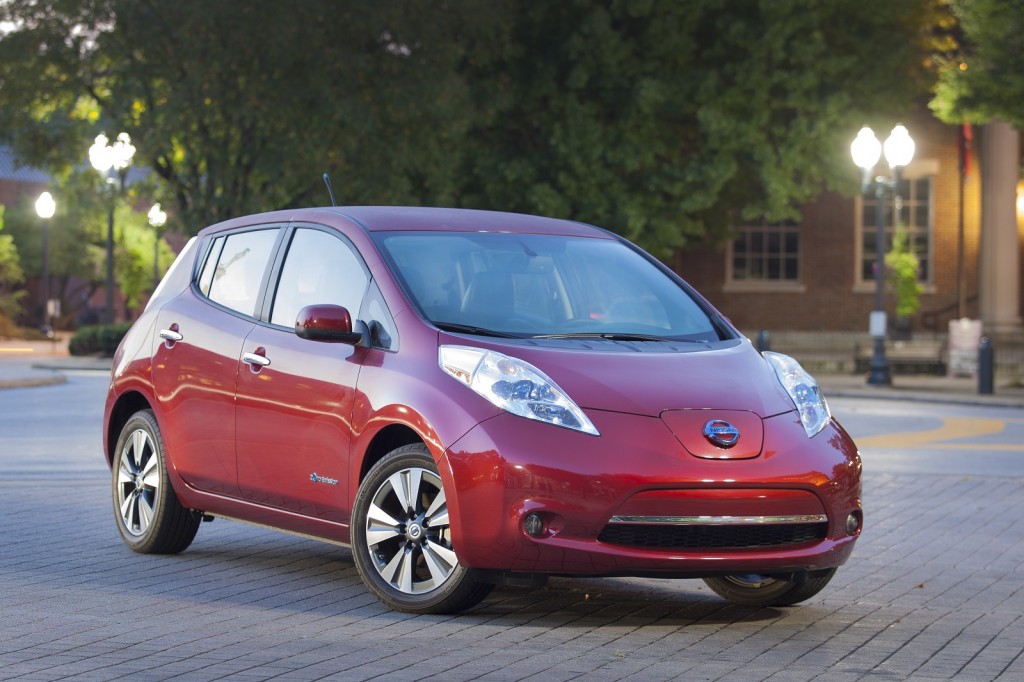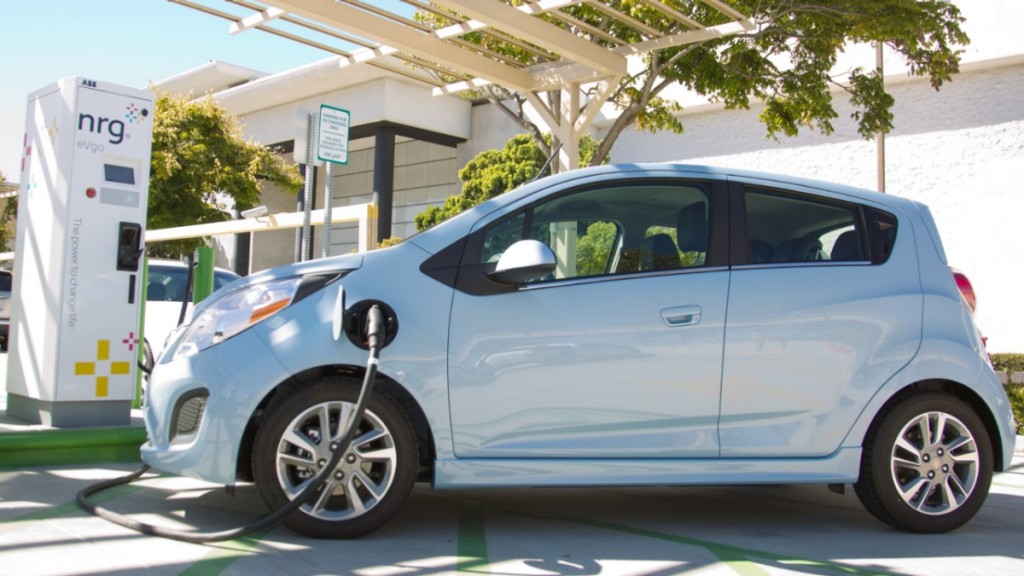One inconvenient aspect of electric-car ownership at present is the need to set up multiple accounts, cards, and fobs to access different public-charging networks.
However, two carmakers are working to simplify public charging for the owners of their battery-electric cars.
BMW is set to roll out its ChargeNow program with the launch of the 2014 i3 in just a few weeks, while Nissan plans to make Leaf drivers' lives less complicated with its EZ Charge card.
DON'T MISS: 2014 BMW i3: First Drive Of BMW's Radical New Electric Car
While they attack the same problem, BMW and Nissan have created somewhat different solutions--with Nissan's offering easier access to a larger group of charging stations.

2014 BMW i3
BMW: One network, multiple services
BMW announced its ChargeNow program first, but it won't become available until deliveries of the 2014 i3 electric car begin in May.
ChargeNow uses the ChargePoint network of public stations.
Each BMW i3 owner will get a ChargeNow card that is accepted at any of ChargePoint's public charging stations nationwide, including some that will be installed at BMW dealers in the coming months.
Drivers can find nearby stations and check availability through the i3's ConnectedDrive navigation feature, which considers level of charge, driving mode, and topography when determining which stations are closest.
But i3 drivers will still have to get additional cards or fobs to use stations on other networks.
Yet ChargeNow is just one of several electric-car mobility services BMW will offer with the i3.
As part of its 360º Electric suite of services, the company will also launch ParkNow LongTerm, which will set up i3 owners in certain markets--who can't charge at home or at work--with long-term parking spaces equipped with charging stations.
If all else fails, BMW will also arrange for an internal-combustion vehicle for long-distance trips under the Alternative Mobility Program.

2014 Nissan Leaf
Nissan: Charging on four networks, free for some
Nissan's charging program, on the other hand, expands the convenience of public charging by giving drivers access to more stations with one single card.
Announced last week at the 2014 New York Auto Show, the Nissan EZ Charge card gives drivers access to charging stations on four networks: Aerovironment, Blink (now operated by Car Charging), ChargePoint, and NRG eVgo.
The card will be launched July 1 in 10 markets where Nissan Leafs sell well, including: San Francisco; Seattle; Portland; San Diego; Nashville; Phoenix; Dallas-Fort Worth; Houston; and Washington, D.C.
Leaf drivers can find these stations using their cars' navigation system, but this requires a subscription to the Carwings telematics service.
Under its "No Charge To Charge" promotion, Nissan will also offer new Leaf buyers free public charging on the four networks for two years. Current Leaf owners can request the card, but they won't get the free charging.
Buyers who purchase a Leaf between April 1 and July 1 this year will be retroactively offered both the card and free charging.

Chevrolet Spark EV at CCS fast charging station in San Diego.
At least 15 additional markets will be added within a year, covering markets that comprise about four-fifths of Nissan's electric-car sales.
Leaf drivers have an additional bonus: They are more likely to be able to use one of more than 600 DC quick-charging station that use the CHAdeMO standard. Only a handful of stations now offer the i3's Combined Charging Standard (CCS), though the number is expected to grow over time.
More stations: betterUltimately, Nissan's all-access EZ Charge card provides more flexibility for drivers in applicable markets, because it allows them to access stations across multiple networks.
BMW's ChargeNow program limits drivers to one network--but ChargeNow isn't limited to specific markets, and it's just one piece of what BMW says will be a suite of services associated with buying its electric car.
We'll have to wait until i3 electric cars begin racking up real-world miles to get reports on those extra services, and how useful customers find them.
We'll also learn whether the one-network limitation for ChargeNow proves a limitation, or whether i3 drivers simply sign up separately for other networks--as electric-car drivers have been doing for three years now.
_______________________________________________












